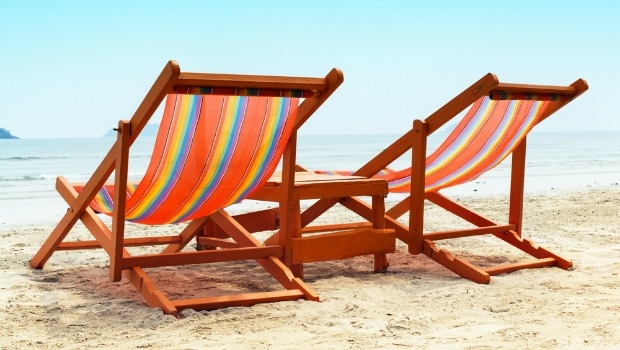When people are stressed, you often hear them say, “I need a vacation.” But could a less stressful trip result in higher happiness and energy at work? Is there a vacation from work that is scientifically proven to lead to greater levels of productivity, higher energy and lower stress?
In December 2013, we set out to find the answer. More than 400 people took our 34-question survey, and the results proved travel does not lower happiness when you return to work—travel stress does. Poorly planned and stressful vacations eliminated the positive benefit of time away. In other words, most of the happiness gleaned from a vacation is dependent upon the stress level of the vacation. The less stress you have on your trip, the more likely you will be to experience a positive benefit from the time off.
How to leave the stress at home
A well-managed vacation can make you happier and less stressed and send you back to work with more energy and meaning in your life. Our findings aren’t radical. A 2010 study published in the journal of Applied Research in Quality of Life by Dutch researchers had similar results. Like us, they found that of the 1,543 adults they questioned, most reported no change in their happiness before and after a vacation if there were moderate to high levels of travel-related stress. This includes stress involved with managing transportation, dealing with details while on the trip, unfamiliarity with the location and not feeling safe. All contributed to travelers feeling less happy, more stressed and less energized when they returned to work.
So why spend all the time, money and energy if there’s a chance your vacations won’t make you happier? Because positive, low-stress vacations do have significant effects on our energy and stress. In our study, 94 percent had as much or more energy after coming back after a good trip. In fact, on low-stress trips, 55 percent returned to work with even higher levels of energy than before the trip.
More vacation time, better vacation time
And top companies, including Mattress Firm, are starting to realize that positive vacations can decrease stress and create what we call the “happiness advantage,” which includes raising sales by 37 percent, improving productivity by 31 percent, tripling creativity and increasing the likelihood of a promotion by nearly 40 percent. The Houston-based company just announced a new initiative this spring through which employees who have more than eight years’ seniority with Mattress Firm will receive eight extra vacation days. The goal is to create the happiness advantage at work.
“Ultimately, we understand the need for our associates to love what they do, who they do it with, and most importantly, why they do it,” says Cory Ludens, vice president of learning and development. “Our purpose is to improve lives one night at a time, and that goes for our associates just as much as it does our guests.”
In short, when you’re happy and well-vacationed, your work, your company and you benefit. So, make your next vacation one that makes you feel like you actually took a vacation. A positive, low-stress experience can send you home recharged, refreshed and ready to get back to the real world, but a ho-hum or just average one can leave you feeling as if you never left.
Bon voyage!

